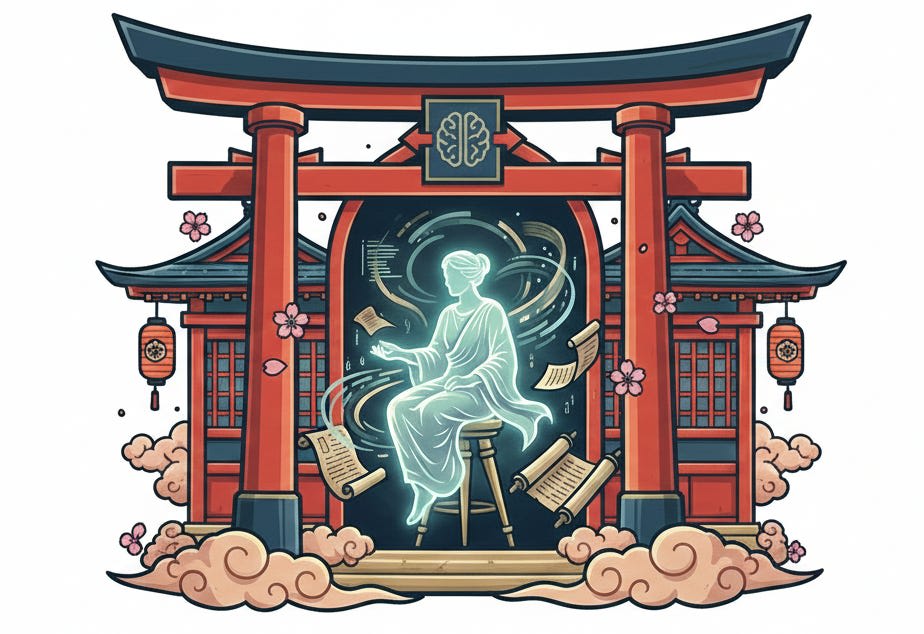Too Soon
It was a cold and cloudy San Francisco Sunday. My wife and I were having lunch with friends at a Korean cafe. My phone buzzed with a text. It said my mom was in the hospital. I called to find out more. She had a fever, some pain, and had fainted. The situation was serious, but stable. Monday was a normal day. No news was good news, right? Tuesday she had seizures. Wednesday she was in the ICU. I caught the first flight to Tampa. Thursday she rested comfortably. Friday she was diagnosed with bacterial meningitis, a rare condition that affects about 3,000 people in the US annually. The doctors had known it was a possibility, so she was already receiving treatment. We stayed by her side through the weekend. My dad spent every night with her. We made plans for all the fun things we would when she was feeling better. Monday the doctors did more tests. Tuesday they told us the results. My mom wasn't going to wake up. The disease had done too much damage to her brain. We cried. We said our goodbyes. We kept her company. A little over a week later, she passed away in peace. My mom's name was Judy. Not Judith; just Judy. She grew up in a small town in Illinois. The kind of place people come from but never go to. She left as soon as she could. She enrolled in the nearby community college, where she met my dad, a recent transplant from Baltimore. He got her attention with his motorcycle. She won him over with a plate of cookies. They got their degrees, then got married. They honeymooned at Disney World. My mom loved it so much she decided they were going to move there. That took a few years. First they earned their bachelor's and master's of fine arts. Then they spent time teaching in Ohio. They saved their money, and before long they had enough. They made the move to Florida. Within the year my mom was pregnant, and in a sign of her connection to Disney, I was due the day of EPCOT's grand opening. My dad wanted us t





Yes, very much so.
I can remember being 4 years old, laying in bed, scared I would die in the night and wake up a skeleton. Only, then I would realize what it would mean to be dead, and I not only couldn't really conceive it except abstractly, but felt deep fear even trying to conceive it. But, being the kind of person I am I guess, I made myself look at it for as long as I could. It didn't really work, but I'd try.
You could say I had to try to stare into the face of my own death for 37 years until I was finally able to see it.